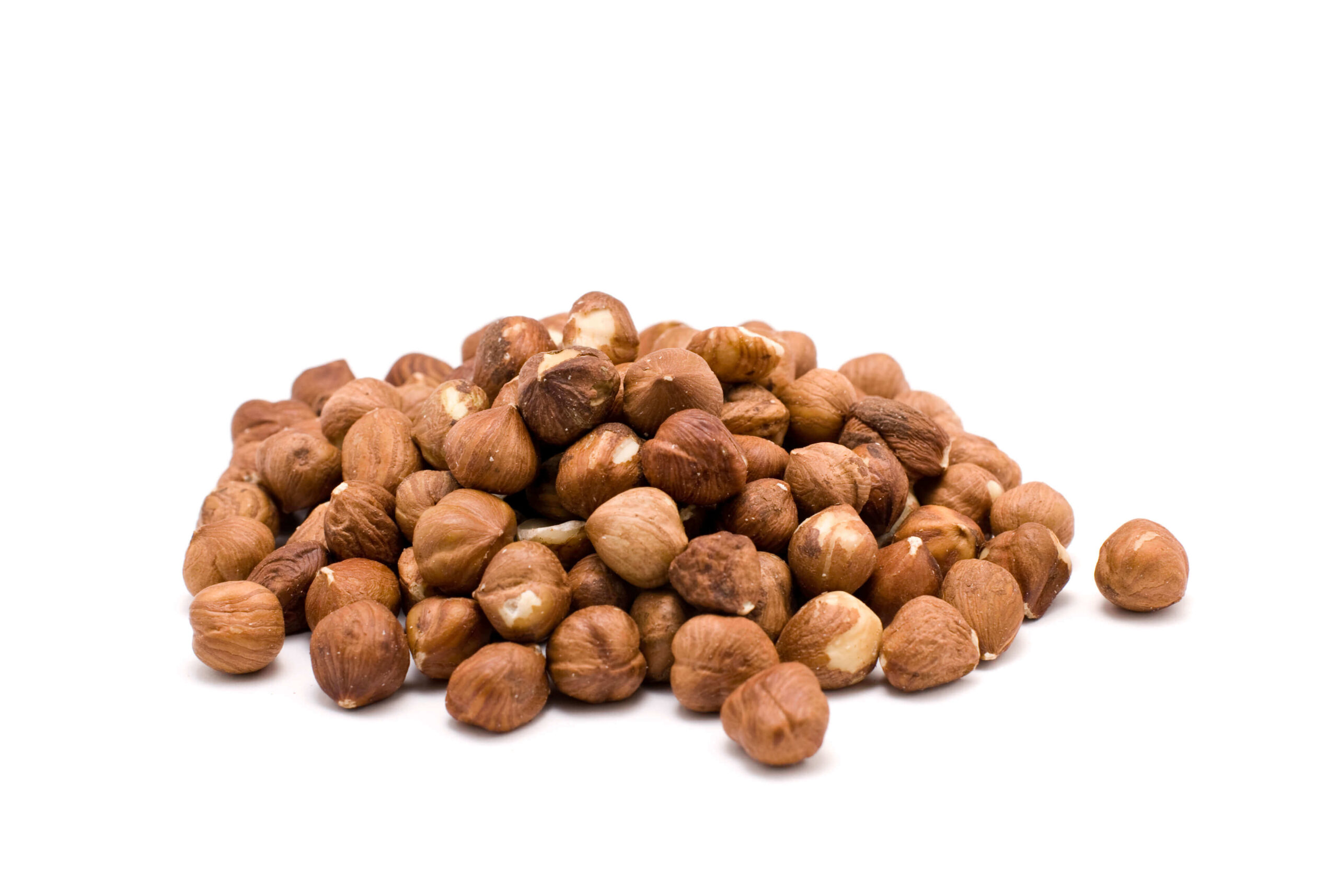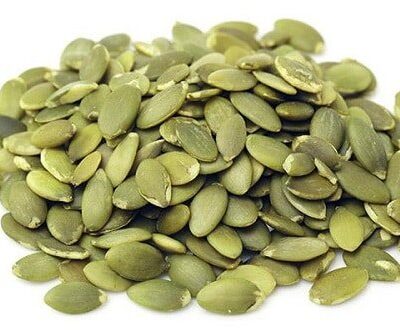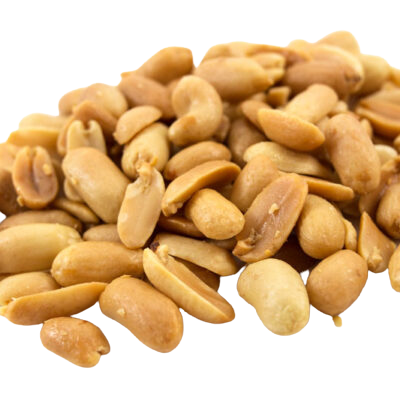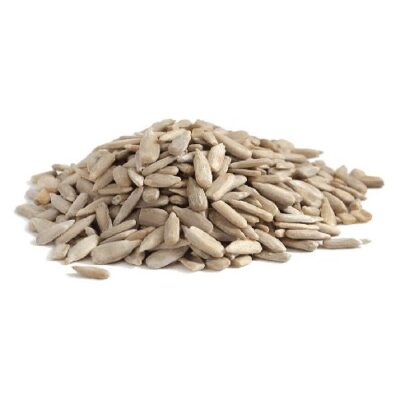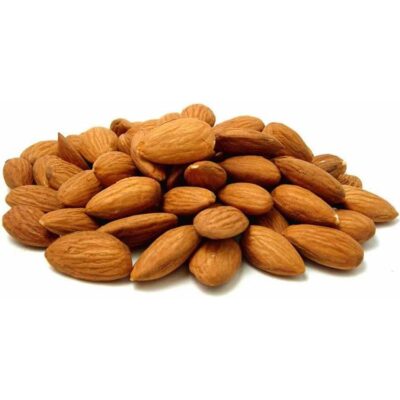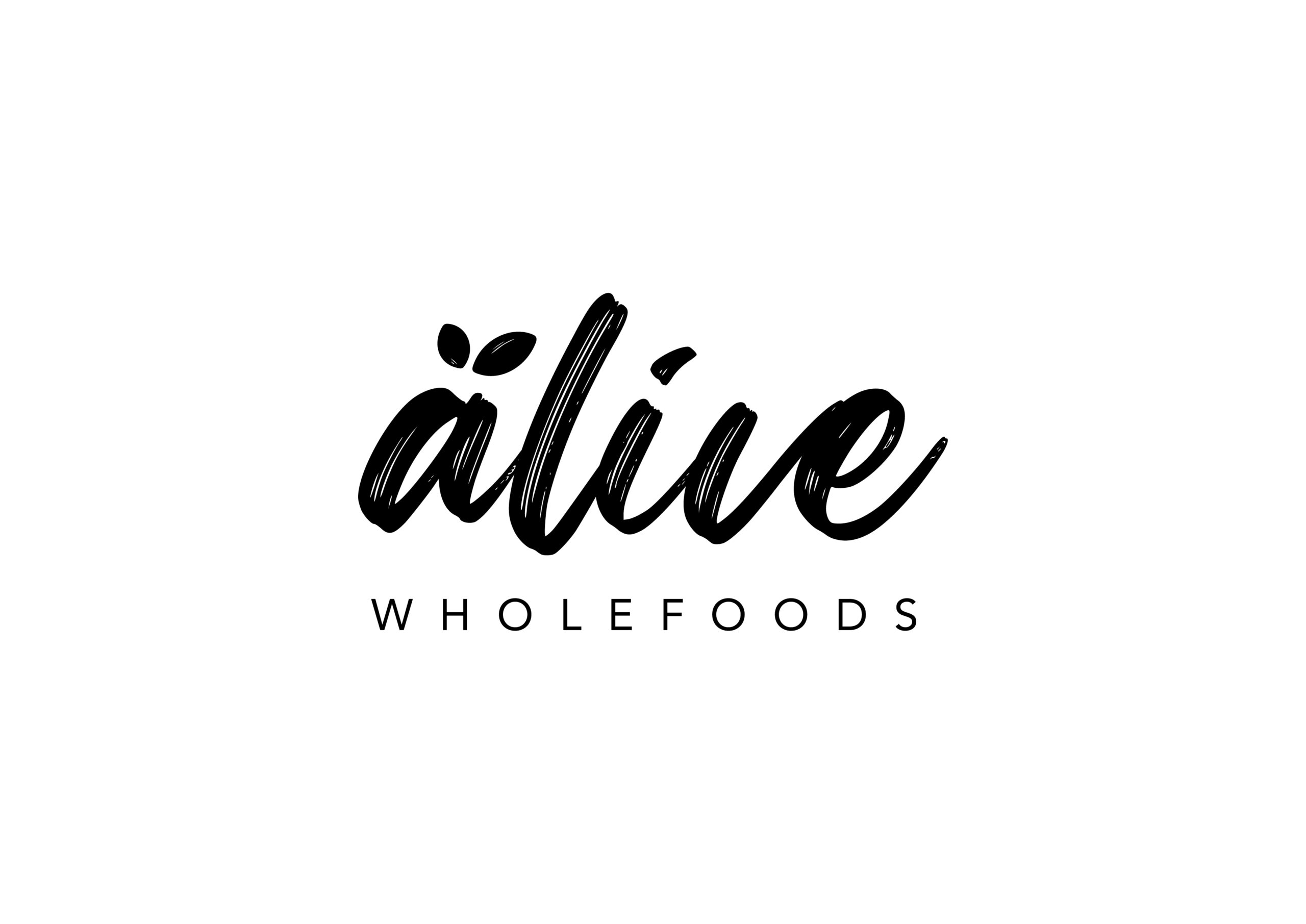Description
Hazelnuts are sweet, and incredibly nutritious edible kernels from the “birch” or Betulaceae family of trees. The hazel is a small deciduous tree originated in southern Europe and Turkey.
Hazelnut oil, extracted from the kernels, has been used in as base or carrier oil in medicine, and in aromatherapy.
Health Benefits of Hazelnuts
- Hazelnuts are very high in energy and loaded with many health-benefiting nutrients that are essential for optimum health. 100 g nuts carry 628 calories. They are rich in mono-unsaturated fatty acids like oleic as well as essential fatty acid, linoleic acid that helps lower LDL or bad cholesterol and raises HDL or good cholesterol. Research studies suggest that Mediterranean diet plentiful in monounsaturated fatty acids contribute to preventing coronary artery disease, and strokes by favoring healthy blood lipid profile.
- The nuts are rich in dietary fiber, vitamins, and minerals and packed with numerous health promoting phytochemicals. Altogether, they help protect from diseases and cancers.
- Hazels are exceptionally rich in folate, which is a unique feature for the nuts. 100 g fresh nuts carry 113 µg; that is, about 28% recommended the daily intake of this vitamin. Folate is an essential B-complex vitamin that helps prevent megaloblastic anemia, and most importantly, neural tube defects in the newborn. Good news for the expectant mothers!
- Hazel nuts are an excellent source of vitamin-E; contain about 15 g per 100 g (providing 100% of RDA). Vitamin-E is a powerful lipid soluble antioxidant required for maintaining the integrity of mucosa and skin by protecting it from harmful “free oxygen radicals”.
- The nuts, like in almonds, are free from gluten, and therefore, safe alternative food sources that can be employed in the preparation of gluten-free food formulas for gluten-sensitive, wheat allergic, and celiac disease patients.
- Besides being rich in folates, they packed with many other important B-complex groups of vitamins such as riboflavin, niacin, thiamin, pantothenic acid, and pyridoxine (vitamin B-6).
- They are rich source of minerals like manganese, potassium, calcium, copper, iron, magnesium, zinc, and selenium. Copper and manganese are essential co-factors for antioxidant enzyme, superoxide dismutase. Iron helps prevent microcytic-anemia. Magnesium and phosphorus are vital components of bone metabolism.



